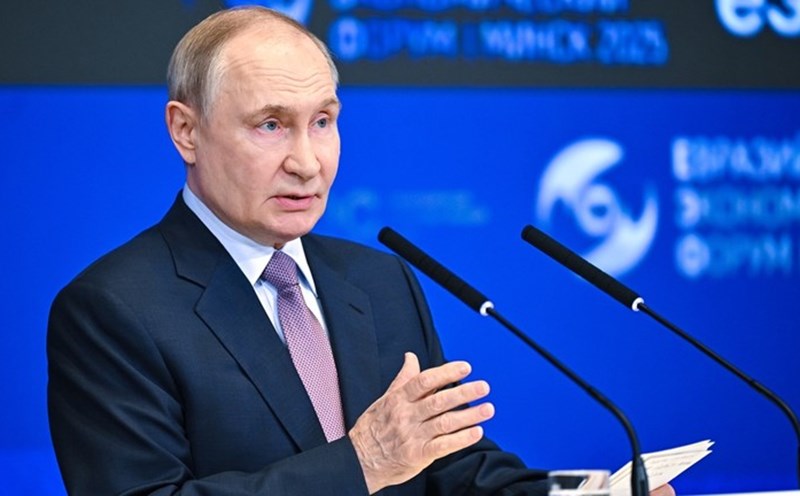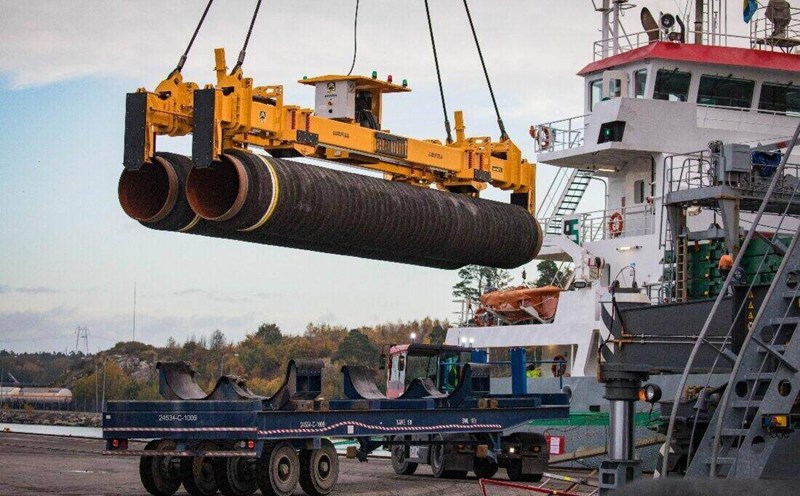India has purchased up to 80% of its Urals shipped by sea from Russia in 2025, totaling 231 million barrels, according to Kpler data.
India's two largest private corporations - Reliance Industries and Nayara Energy - account for 45% of the country's Urals imports.
Notably, Reliance Group, owned by billionaire Mukesh Ambani, has officially become the world's largest Russian oil buyer this year, with 77 million barrels of Urals, far surpassing many European countries and energy groups.
In December 2024, Reliance signed a 10-year deal with Russia's Rosneft, pledging to buy 500,000 barrels of oil per day, worth about $13 billion per year - making it the largest energy contract ever between Moscow and New Delhi.
Meanwhile, Nayara Energy, a company formerly known as Essar Oil, currently holding a 49.13% stake held by Rosneft, also increased its share of Russian oil imports from 27% to 72% in just 3 years. The close relationship between Nayara and Moscow is seen as an "underground bridge" that helps Russia maintain market share in Asia despite Western sanctions.
Russia is now India's largest oil supplier, since the Ukraine conflict escalated in 2022. In May 2025 alone, India imported 1.8 million barrels/day from Russia, the highest in the past 10 months, strengthening Moscow's role in Asia's largest oil market.
According to observers, India's increased purchases of Russian oil are a strategic reaction to instability in the Middle East. After the US attacked three nuclear facilities in Iran on June 21, Tehran threatened to close the Hormuz Strait - a transport route that accounts for 20% of global oil supplies. In that context, New Delhi is said to be " urgently diversifying" supplies from Russia to reduce geopolitical risks.
The Indian government has said it will be able to respond if the Hormuz Strait is blocked, suggesting New Delhi's new energy strategy is prioritizing stability rather than relying on disrupted transport routes.
Analysts believe that India's "resion to Russian oil and gas" trend will continue in the long term, especially as refineries such as Reliance and Nayara have optimized equipment to process Urals.
Once the long-term contracts with Rosneft come into full effect, Russia's role on the Asian energy map could enter a period of strong recovery, with the focus not on Europe, but on India.











